Ensure compliance, promote transparency, and make government services truly accessible to all.






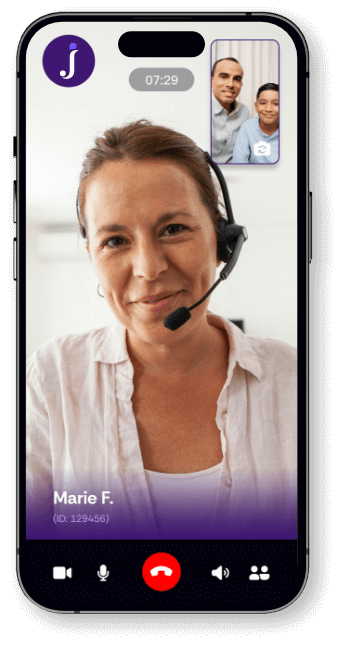
Government agencies serve diverse populations, including non-native speakers, immigrants, refugees, and other individuals with limited English proficiency. Jeenie empowers government agencies to fulfill their mandate of ensuring equitable access for all constituents.




From in-person meetings to remote conferencing, empower every individual to participate in public forums and discussions through our on-demand and pre-scheduled interpreting solutions.
Seamlessly connect Jeenie with your existing virtual platforms in just a few clicks.

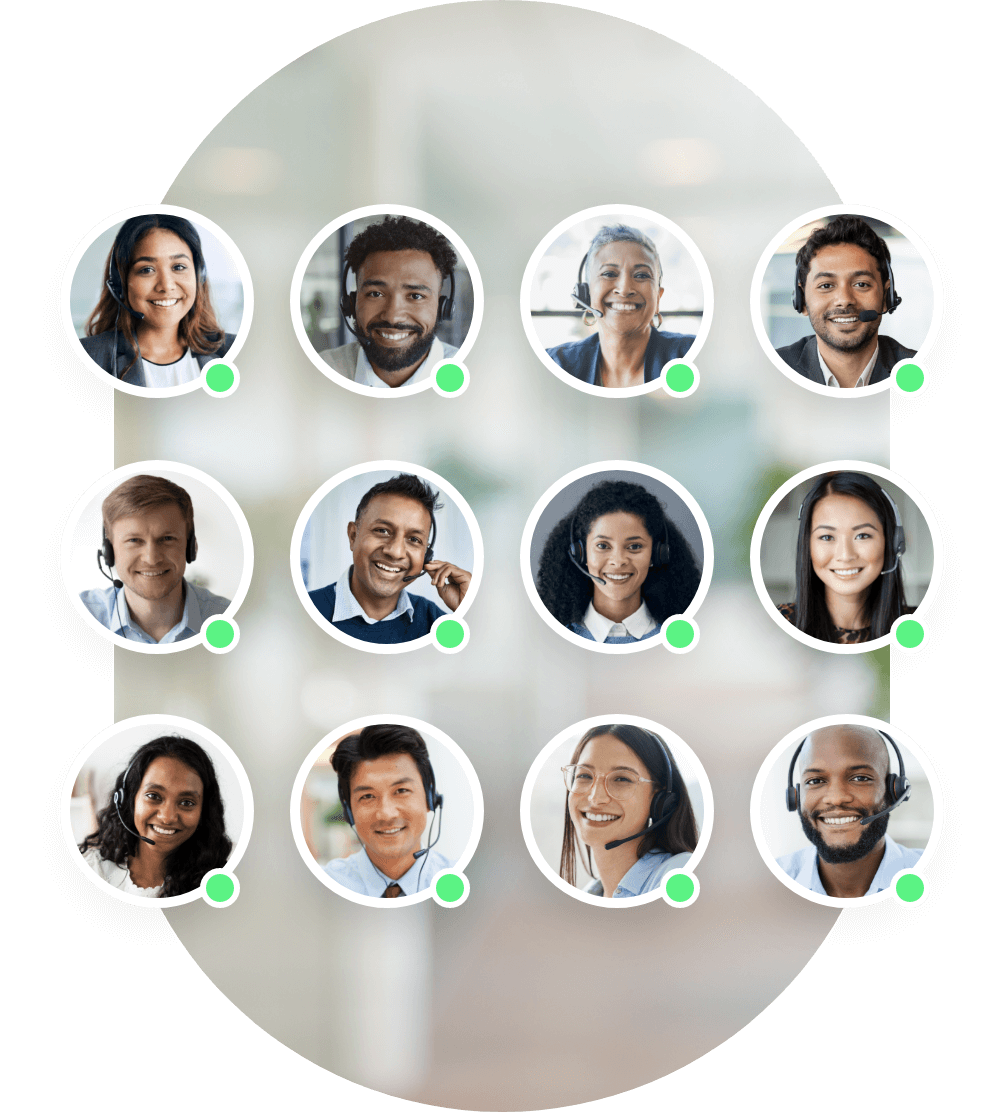
Our Direct-To-Interpreter model connects you with top-rated interpreters in 10 seconds or less with no operators or long wait times.
Jeenie interpreters are highly qualified, experienced, and ready to navigate even the most complex bureaucratic situations.
Jeenie supports hundreds of languages, including video remote interpreting (VRI), to meet ADA requirements for Deaf and Hard of Hearing communities.
Choose a trusted partner with world-class ASL (American Sign Language) interpreters that are available whenever you need them…24/7.

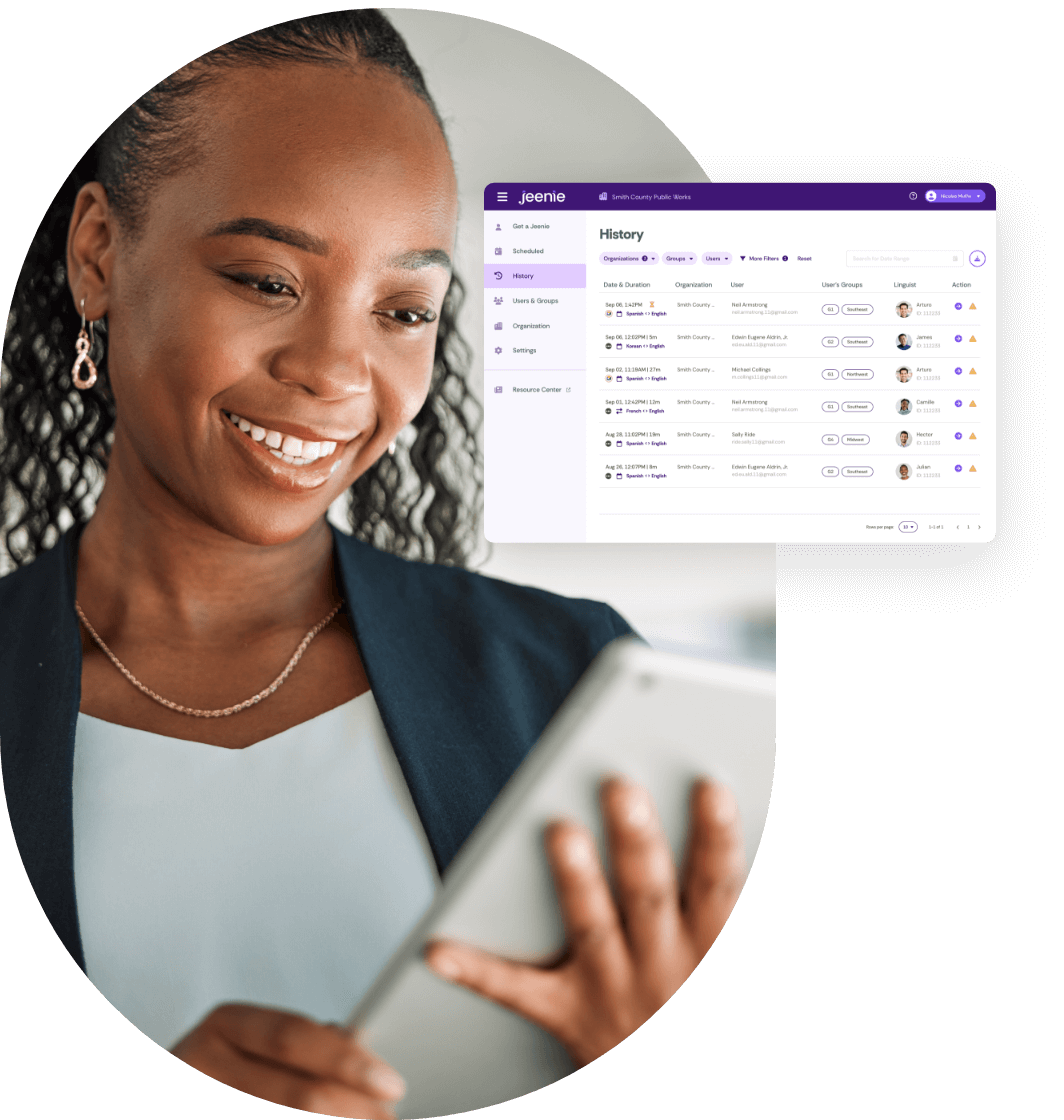
From local offices to national agencies, we have a plan that fits your needs. All subscription and enterprise plans have an array of features, including detailed activity reporting to help you track usage and manage budgets with ease.

Jeenie's on-demand indigenous languages make it easy for our staff to communicate with clients during every step of their very important journey of reuniting with loved ones. Jeenie understands the sensitive nature of our work.
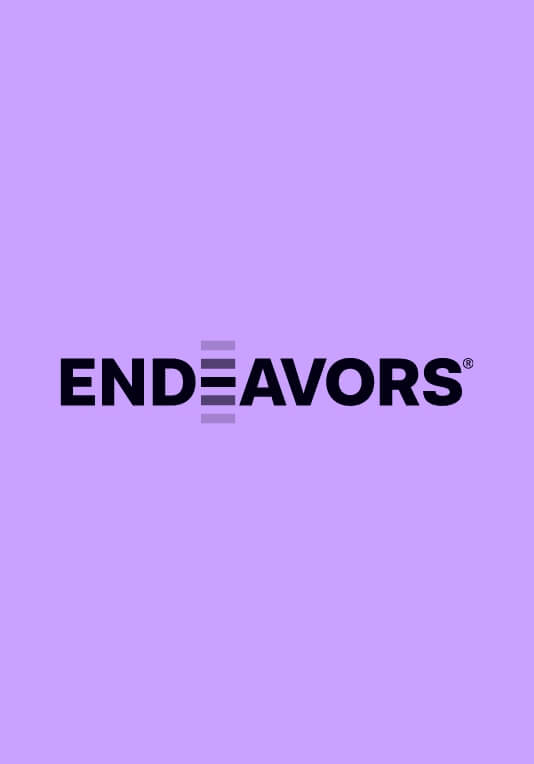
The Interpreter was efficient and professional. It was a pleasant experience for the parent under difficult circumstances, thank you!
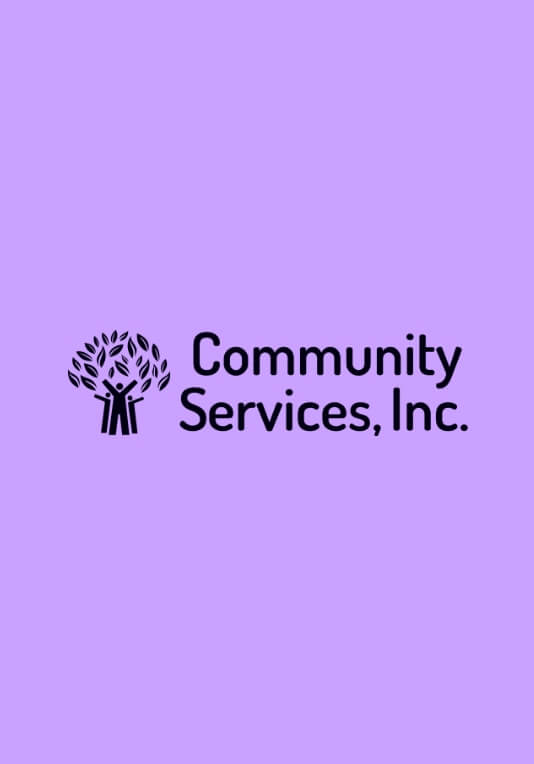
The process of setting up Jeenie for our organization was super simple and rolling it out to our team went smoothly. I am impressed by how quickly the Jeenie team responds to my inquiries.
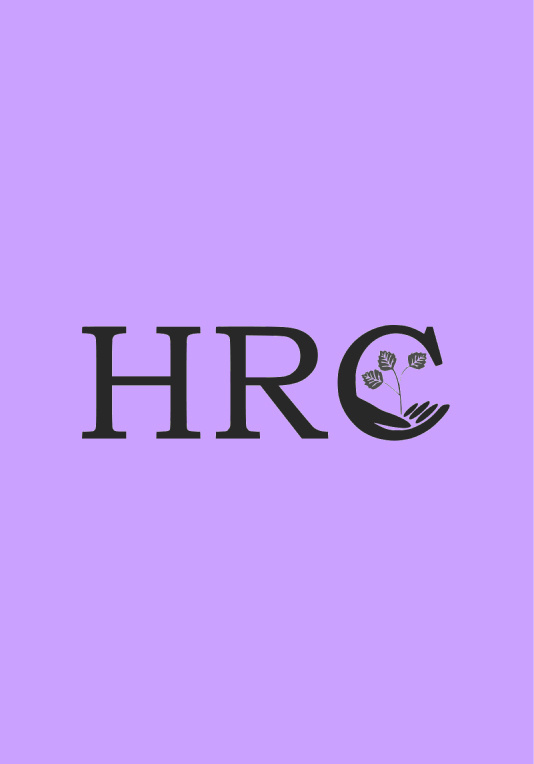
Access to interpreting services in their preferred language ensures all constituents can fully utilize government programs.
Receive clear input from all community members, leading to better-informed decisions.
Clear, accurate communication with non-English-speaking communities fosters transparency, leading to stronger public trust.
Providing interpreting services in community meetings and public forums increases participation, resulting in greater civic engagement.
Government agencies at all levels can use Jeenie to communicate effectively with constituents who speak other languages.
For example, a city hall or DMV can use Jeenie to assist walk-in customers; if someone speaks Cantonese or Amharic, staff can dial up a Jeenie interpreter on an iPad at the counter and proceed with the conversation.
Law enforcement or public safety departments can call interpreters during emergencies or community interactions (Jeenie can be a vital tool in policing situations or disaster response when immediate communication is needed in multiple languages).
Social service agencies (like those handling welfare, unemployment, or child services) can use Jeenie to interview clients who aren’t fluent in English.
Essentially, any government service that interacts with a linguistically diverse public can embed Jeenie into its workflow. It works for scheduled meetings (like a court appointment or a public health consultation) by bringing an interpreter on a video call, and it works for unplanned encounters by quickly getting an interpreter on the phone.
Jeenie’s flexibility also means it can be shared across departments – one subscription can serve various offices, making language access a unified service. By using Jeenie, government agencies ensure compliance with civil rights requirements for language access (Executive Order 13166 in the U.S., for instance) and demonstrate commitment to inclusive, accessible services for all community members.
Yes. Security and confidentiality are top priorities in Jeenie’s design, making it well-suited for government applications.
The platform is hosted securely and communications are encrypted. In the healthcare context, Jeenie is HIPAA-compliant, which is a stringent standard for protecting private information – this gives a sense of the level of security applied (if it’s safe for medical data, it’s generally safe for most government data as well (excluding federal and defense-ajacent work - DHS, DOJ, FBI, DOD, etc)
For any government use, interpreters are bound by confidentiality agreements and ethical codes to keep all information heard during a session private.
Jeenie’s infrastructure can align with various compliance requirements. Additionally, Jeenie’s organization controls allow administrators to manage who in their agency can access what, adding a layer of control.
In practice, many government-related entities (from health departments to courts) already use Jeenie and have found it reliable. So whether it’s a sensitive interview, personal citizen information, or any confidential context, using Jeenie is as secure as using a professional in-person interpreter who is sworn to secrecy – with the technical safeguards needed for modern digital communication.
Jeenie can support virtually any language that a government agency might encounter.
This includes the top languages commonly seen in government communications – for example, Spanish, Chinese (Mandarin and Cantonese), Vietnamese, Tagalog, Arabic, Korean, Russian, French, Haitian Creole, Portuguese, and many more.
In areas with specific immigrant populations, Jeenie likely already covers those languages too (for instance, Somali or Hmong or Urdu, if those are relevant in a local community). In total, Jeenie has interpreters for hundreds of languages, meaning even if a constituent speaks a less common language like Burmese, Pashto, Navajo, or Karen, the agency can still serve them via Jeenie. Importantly, Jeenie also supports American Sign Language (ASL) for Deaf or Hard-of-Hearing individuals, which government agencies are often required by law to provide as well.
The platform’s breadth ensures compliance with language access mandates – whether it’s a city required to serve any language group that forms 5% of its population, or a federal agency handling international inquiries. If an agency knows they frequently need a particular rare language, they can even inform Jeenie and Jeenie can ensure availability.
From very widely spoken world languages down to indigenous or emerging languages, Jeenie’s got it covered. This lets governments communicate inclusively, from day-to-day interactions to emergency broadcasts, without having to contract multiple different language vendors.
Yes. Jeenie is quite flexible and can be integrated into various communication systems that government agencies use.
For example, call centers: an agency’s call center can use Jeenie by putting callers on a brief hold and conferencing in a Jeenie interpreter via phone (using TeleJeenie) – effectively giving the call center instant multilingual capability. Jeenie’s TeleJeenie for landlines means you don’t have to overhaul your phone system; agents can simply dial the interpreter line when needed.
For digital systems, Jeenie has an API and can integrate with platforms like Zoom or other video conferencing tools that governments may use for remote meetings. Suppose a public benefits office has a web portal for virtual appointments – Jeenie could potentially integrate so that with one click an interpreter joins the session.
Even without formal integration, Jeenie is system-agnostic – workers can use it alongside any system (e.g., have a iPad with Jeenie enabled next to their computer). Because no new hardware is required and setup is simple, agencies can layer Jeenie onto their workflows easily.
Overall, whether it’s a 911 dispatch center, a public health hotline, or a virtual court hearing system, Jeenie can be woven in to provide interpreters when and where needed. The key is that it’s a flexible add-on rather than a rip-and-replace solution.
Connect with our experienced team to explore government interpreting solutions and catch a quick demo of our platform.